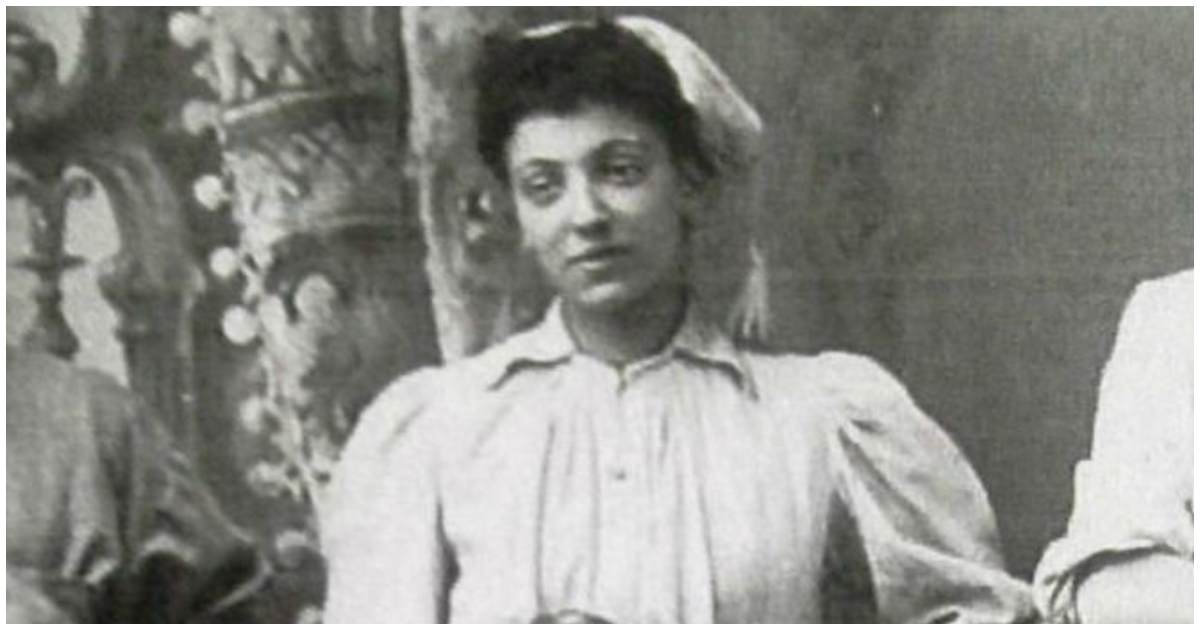Emma Clarke, born in Bootle in 1876, made history as Britain’s first black female footballer. Her story, nearly lost to time, has recently come to light thanks to the diligent work of historian Stuart Gibbs.
Uncovering a Hidden Pioneer in Women’s Football
Emma Clarke’s groundbreaking achievements were unknown until 2017. A case of mistaken identity almost erased her from history books. Historian Stuart Gibbs initially thought Carrie Boustead was the first black female footballer.
However, further research revealed Emma as the true pioneer. She was described as “the fleet footed dark girl on the right wing” by the South Wales Daily News. This discovery shed light on a forgotten chapter in football history.
From Bootle Streets to Professional Football
Emma grew up in a crowded Bootle home with 13 siblings. Her mother, Wilhelmina Clarke, was believed to be of Black Dutch heritage. Her father, William Clarke, worked as a bargeman.
At 15, Emma became a confectioner’s apprentice. She honed her football skills in neighborhood streets. By 20, she had turned professional, playing her first match for the British Ladies’ team in 1895.
Breaking Barriers in a Male-Dominated Sport
Emma’s debut match drew over 10,000 spectators. Despite a 7-1 loss, it marked a significant moment for women’s football. The Manchester Guardian noted the novelty but doubted women’s football would attract crowds long-term.
Emma continued to challenge norms. In 1897, she played for “The New Woman and Ten of Her Lady Friends” against “Eleven Gentlemen”. Her team won 3-1, surprising many skeptics of women’s football.
The Rise and Fall of Women’s Football
Women’s football gained popularity during World War I. With men at war, women took on traditionally male jobs and sports. By 1921, Great Britain boasted around 150 women’s football teams.
Sadly, this golden era was short-lived. In 1921, the FA banned women’s football from its grounds. They declared the sport “quite unsuitable for females”. This ban lasted 50 years, until 1971.
Emma Clarke’s Lasting Legacy
Emma Clarke’s story represents more than just personal achievement. She paved the way for future generations of female footballers. Her perseverance in the face of skepticism and discrimination set a powerful example.
Today, as women’s football gains recognition, Emma’s pioneering spirit lives on. Her rediscovery offers a chance to celebrate early trailblazers who shaped the sport against all odds.





